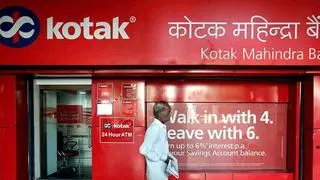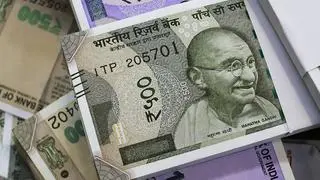The Reserve Bank of India (RBI) has asked urban co-operative banks (UCBs) having inter-bank deposits with a UCB under all-inclusive directions (AID) to fully provide for this exposure within five years at the rate of 20 per cent annually.
Further, UCBs non-performing exposures arising from discounted bills drawn under LCs (letters of credit) issued by a UCB under AID also have to be similarly provided for.
There are a host of UCBs, including the Punjab and Maharashtra Co-operative (PMC) Bank, which have been placed under AID in the last few years on account of deterioration in their financial health. This directive will impact the profitability of UCBs having inter-bank exposure to UCBs under AID.
The RBI underscored that imposition of AID on a UCB, inter alia , restricts it from discharging its liabilities except as permitted by the central bank. This impacts the withdrawal of interbank deposits placed by other UCBs with such bank as also the timely discharge of interbank exposures such as discounted bills drawn under LC issued by the UCB under AID.
If UCBs choose to convert such deposits into long term perpetual debt instruments (such as. Innovative Perpetual Debt Instrument) which may be recognised as a capital instrument under a scheme of restructuring revival of a UCB under AID, provision on the portion of deposits converted into such instruments will not be required.








Comments
Comments have to be in English, and in full sentences. They cannot be abusive or personal. Please abide by our community guidelines for posting your comments.
We have migrated to a new commenting platform. If you are already a registered user of TheHindu Businessline and logged in, you may continue to engage with our articles. If you do not have an account please register and login to post comments. Users can access their older comments by logging into their accounts on Vuukle.